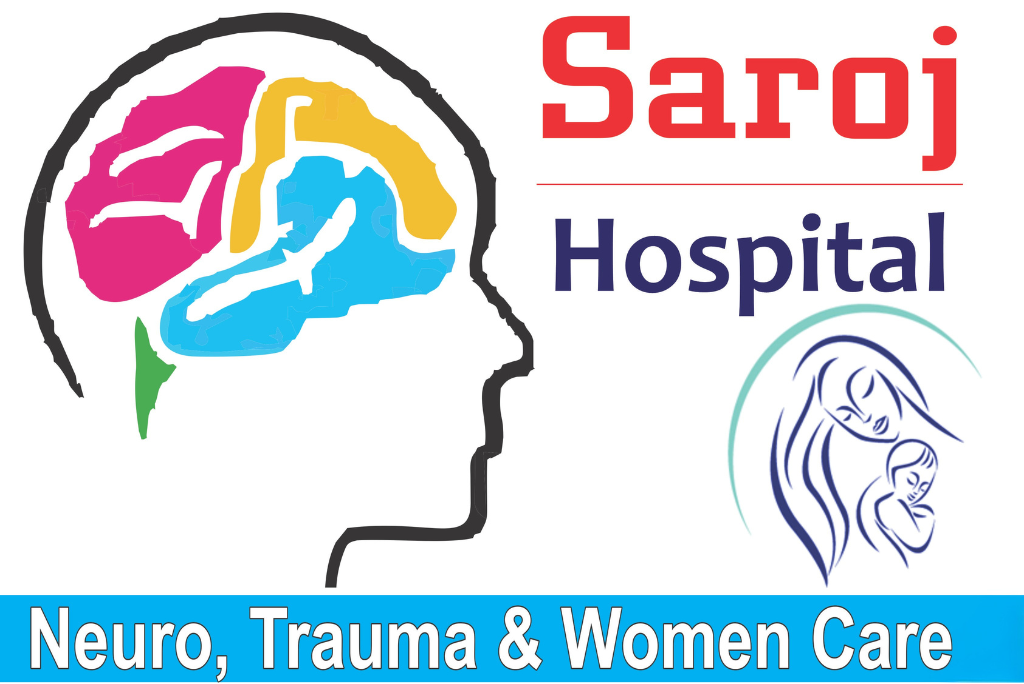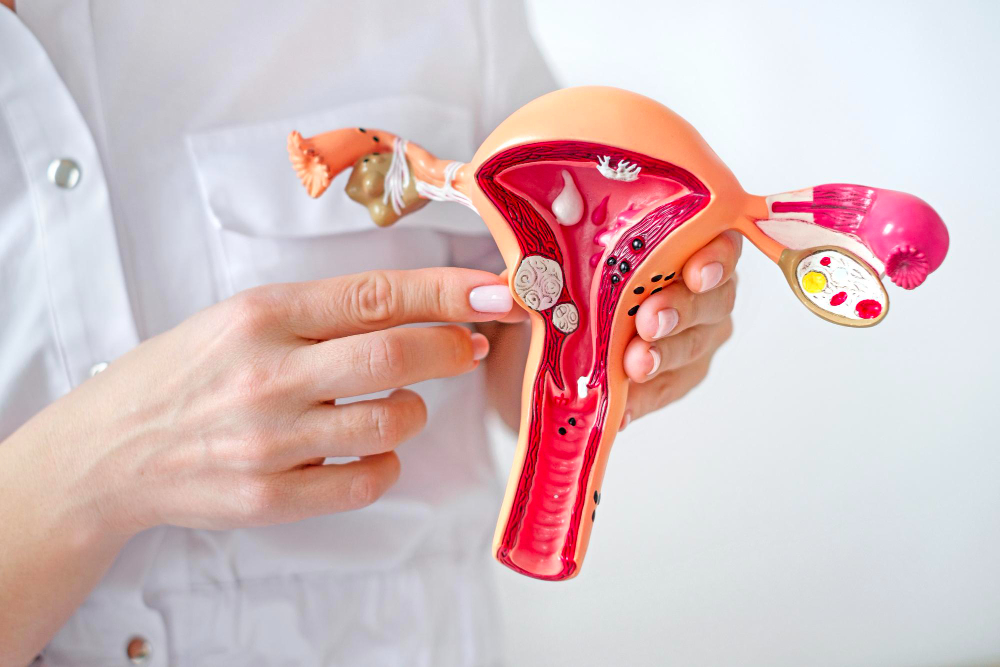Introduction
Uterine fibroids are non-cancerous growths that form in the muscle wall of the uterus. Many women develop uterine fibroids during their reproductive years. In fact, the World Health Organization (WHO) notes that up to 70% of women may have fibroids by age 50. Although most fibroids are harmless, they can cause discomfort and other health issues. Because of this, it is important to know the signs, causes, and treatment options for uterine fibroids.
Symptoms
Not all women with uterine fibroids have symptoms. However, when symptoms do appear, they can affect daily life. For example, common fibroid symptoms include:
Sometimes, fibroids can also cause problems with pregnancy or fertility. If you notice any of these symptoms, you should talk to your doctor.
Causes and Risk Factors
Doctors do not know the exact cause of uterine fibroids. However, several factors can increase your risk. For instance, hormones like estrogen and progesterone help fibroids grow. In addition, family history plays a role. If your mother or sister had fibroids, you may be more likely to get them. Other risk factors include:
Although these factors can raise your risk, anyone with a uterus can develop fibroids.
Diagnosis Methods
Doctors use several methods to diagnose uterine fibroids. First, your doctor may ask about your symptoms and medical history. Next, a pelvic exam helps check for changes in the shape of your uterus. To confirm the diagnosis, your doctor may order tests such as:
Because fibroid symptoms can be similar to other conditions, these tests help your doctor find the best treatment.
Treatment Options
Treatment for uterine fibroids depends on your symptoms, age, and plans for pregnancy. Some women do not need treatment if their fibroids are small and cause no problems. However, if you have symptoms, there are many fibroid treatment options:
Medical Treatments
Surgical Treatments
Lifestyle and Home Care
Because each person is different, your doctor will help you choose the best treatment for your needs.
Prevention and Lifestyle Guidance
While you cannot always prevent uterine fibroids, some lifestyle choices may help lower your risk. For example, you can:
Although these steps do not guarantee prevention, they support your overall health and may reduce your risk.
When to See a Doctor
If you notice heavy bleeding, pain, or other fibroid symptoms, you should contact your doctor. In addition, if you have trouble getting pregnant or your symptoms get worse, seek medical advice. Early diagnosis and treatment can help prevent complications. Remember, your doctor can guide you to the best care for your situation.
Conclusion
Uterine fibroids are common and often harmless, but they can cause bothersome symptoms. Because there are many fibroid treatment options, you do not have to suffer in silence. Consult a specialist at Saroj Hospital for personalized guidance and find the best path for your health.

